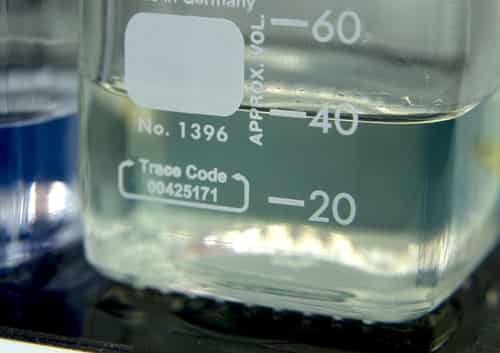Vitreoretinal surgery and cataract surgery are both procedures performed by trained ophthalmologists, but they are distinct in their purposes, procedures, and recovery processes.
- Purpose of the Surgeries:
- Vitreoretinal surgery is conducted to rectify conditions related to the retina, the vitreous, and the macula that includes macular holes, retinal detachment, and vitreous hemorrhage.
- On the other hand, cataract surgery operates primarily to remove the clouded lens within the patient’s eye, a condition known as a cataract.
- Procedure Differences:
- Vitreoretinal surgery may involve various techniques such as vitrectomy, laser photocoagulation, or scleral buckle. These procedures necessitate a high level of precision as they entail working with extremely delicate areas of the eye.
- Cataract surgery typically employs phacoemulsification or extracapsular cataract extraction. These techniques involve fragmenting the clouded lens and replacing it with an intraocular lens.
- Recovery Process:
- Vitreoretinal surgery typically necessitates a more extended and cautious recovery period due to the high precision of the operation. The recovery period may stretch from a few weeks to a few months based on the complexity of the surgery and the patient’s overall health condition.
- The recovery from cataract surgery is often less cumbersome with patients typically returning to their normal routine within a few days. Nevertheless, full recovery usually takes a few weeks.
In conclusion, while both vitreoretinal and cataract surgeries address ocular conditions, they are not the same—neither in terms of their purpose, procedure, nor recovery. Each surgery targets distinct eye-related conditions and requires different surgical methods and approaches to patient care.



